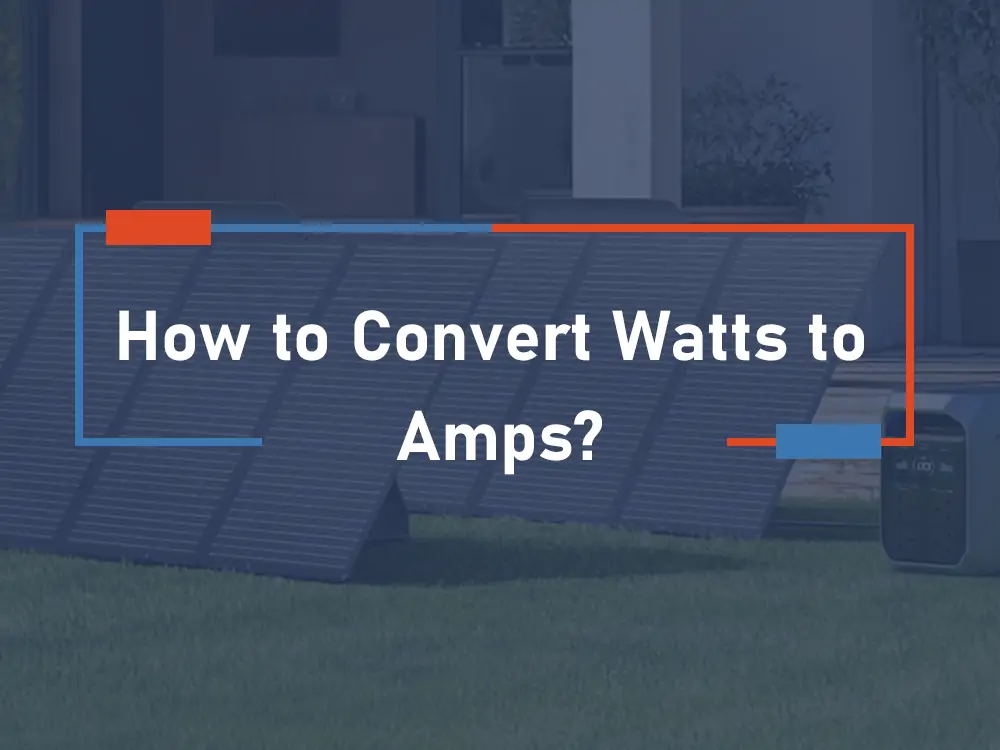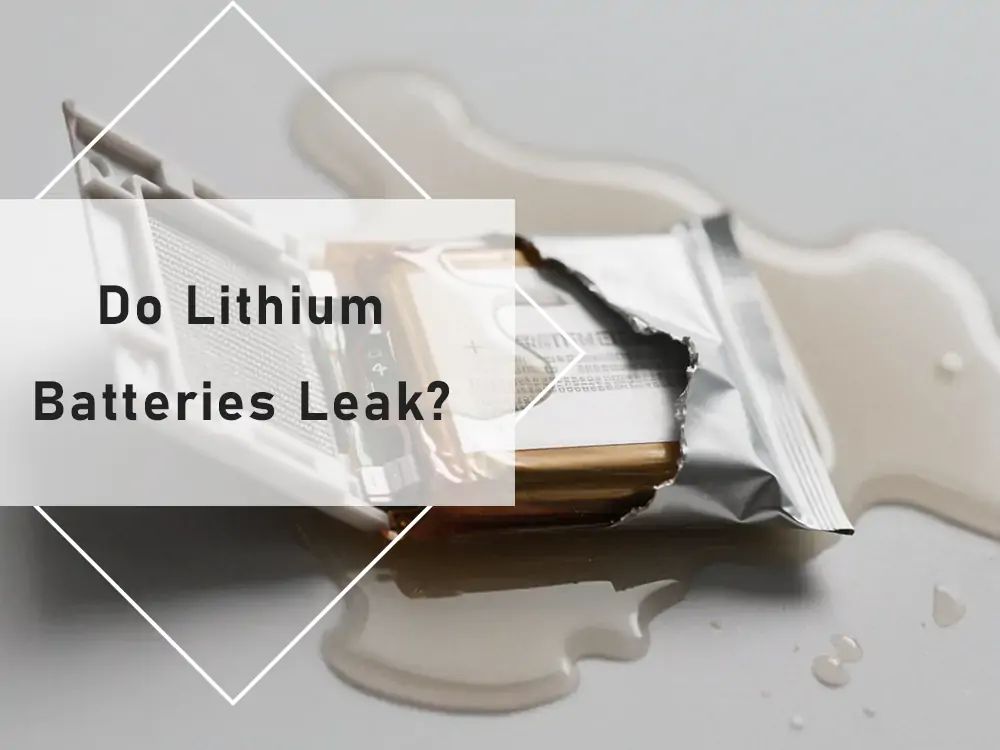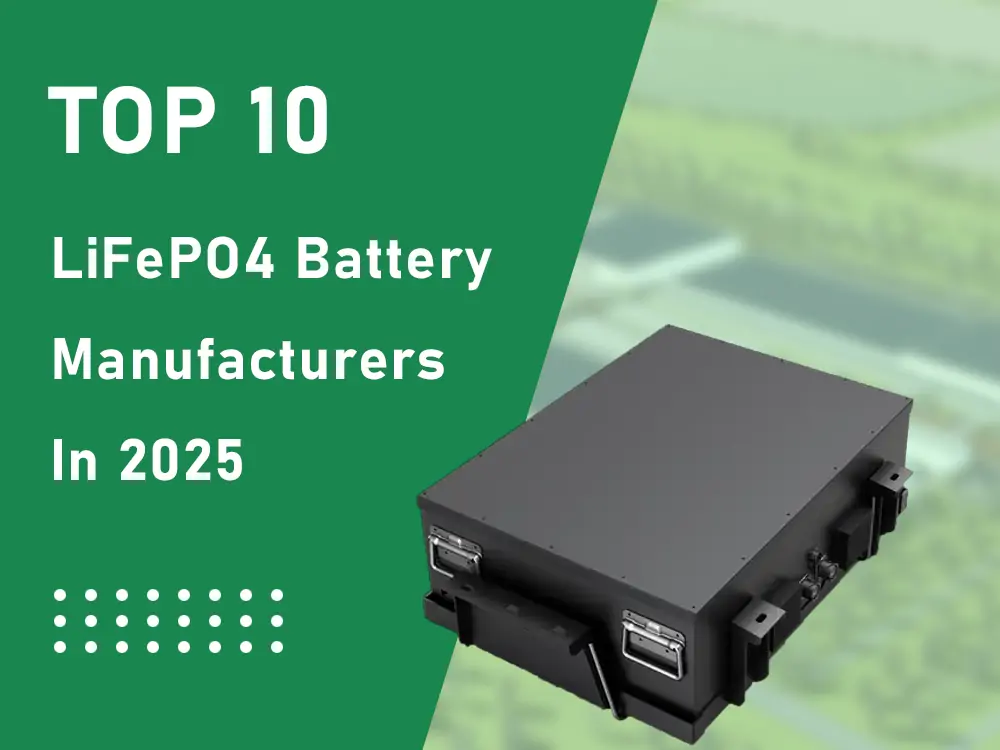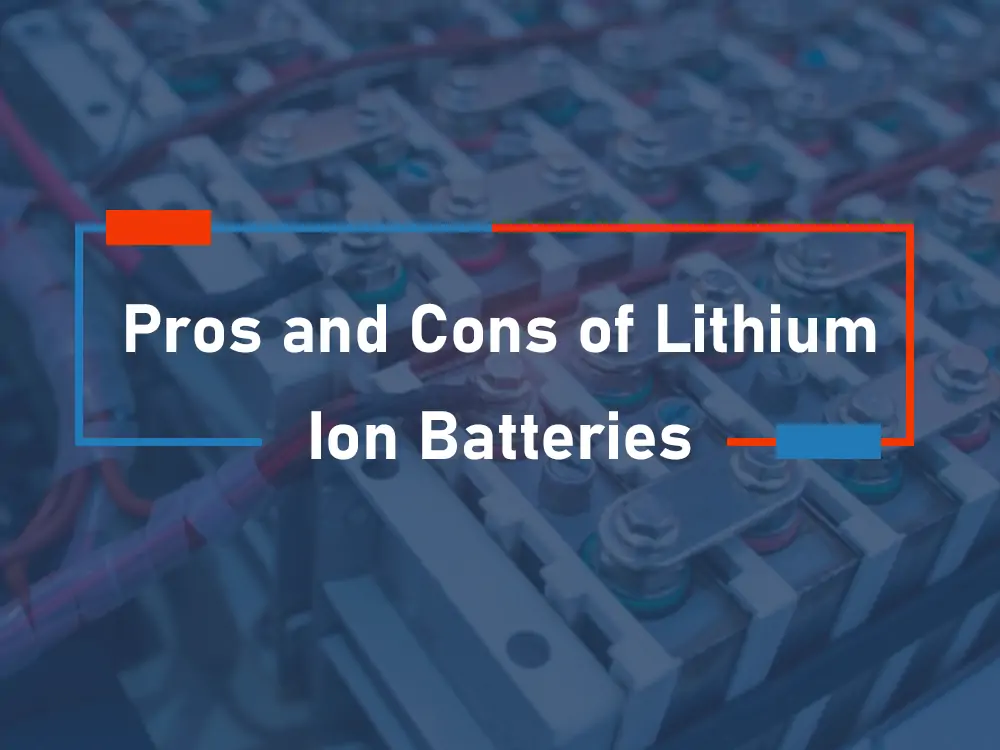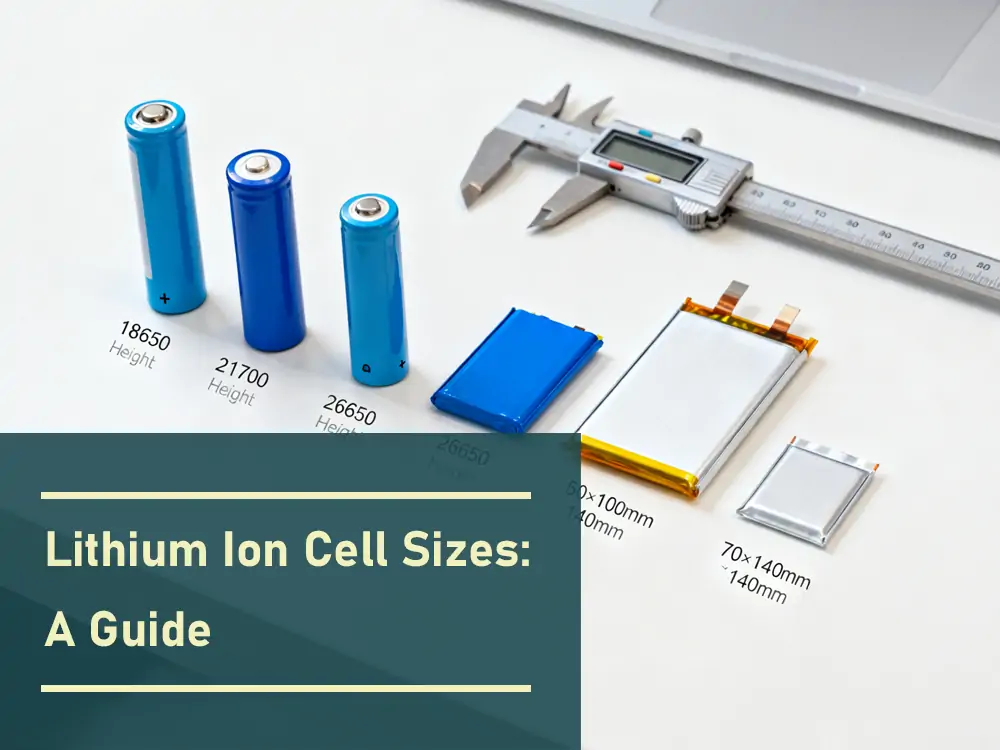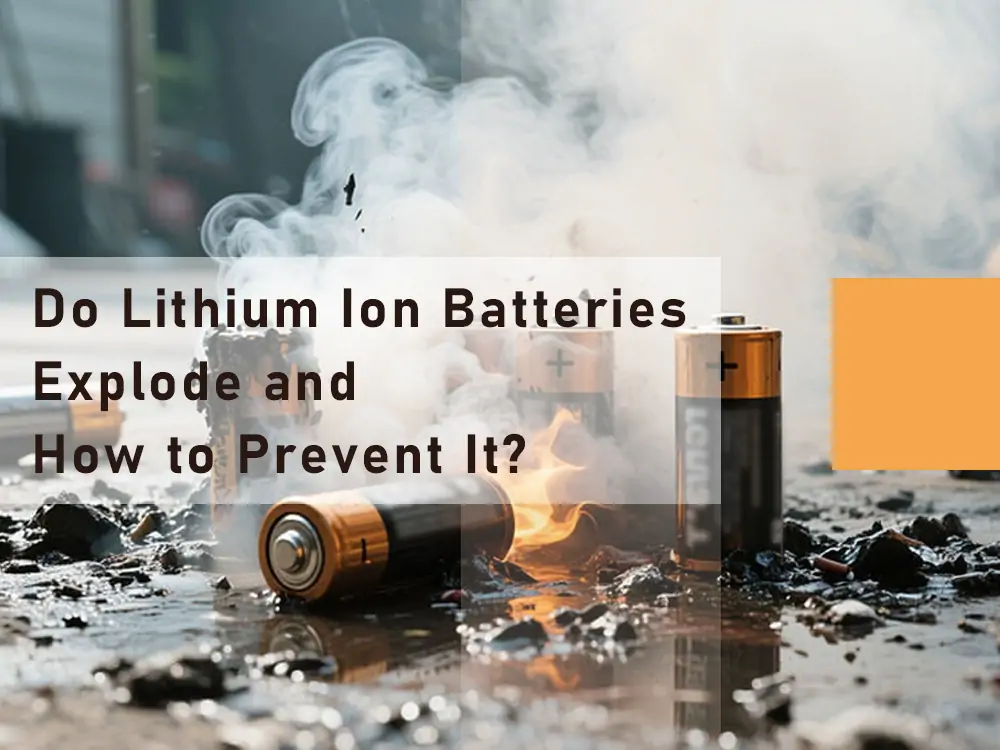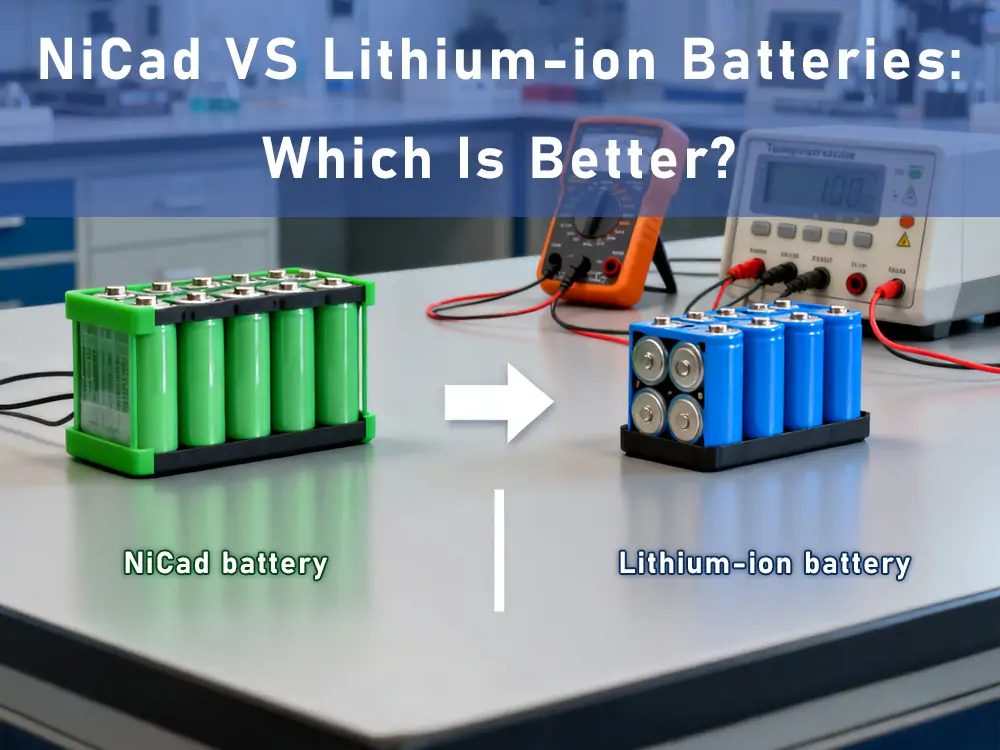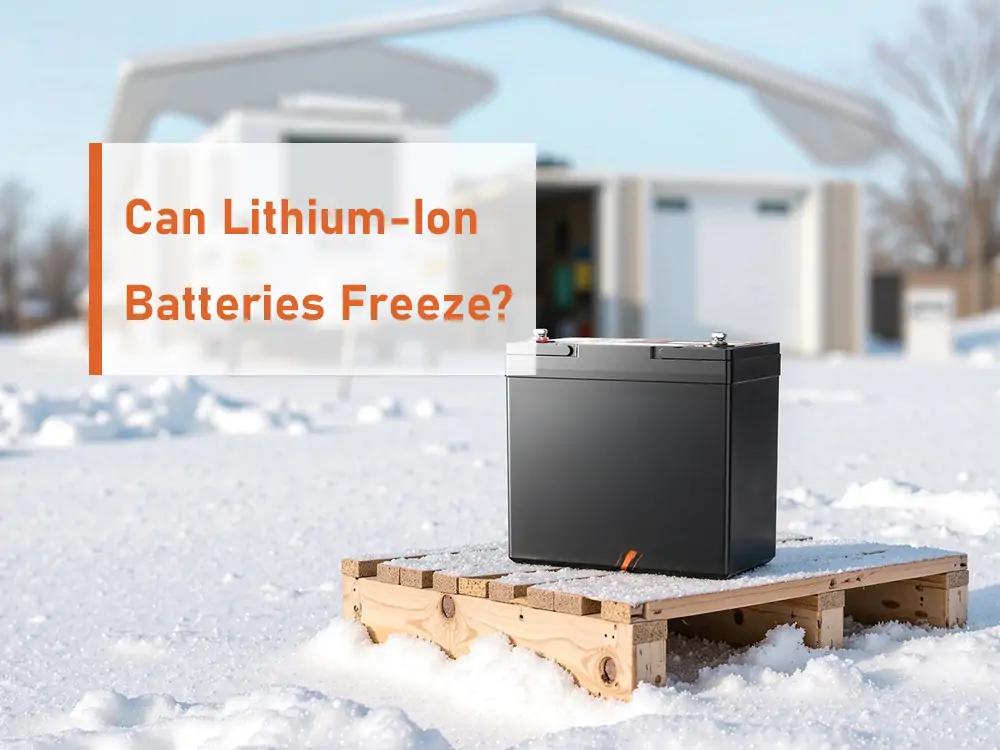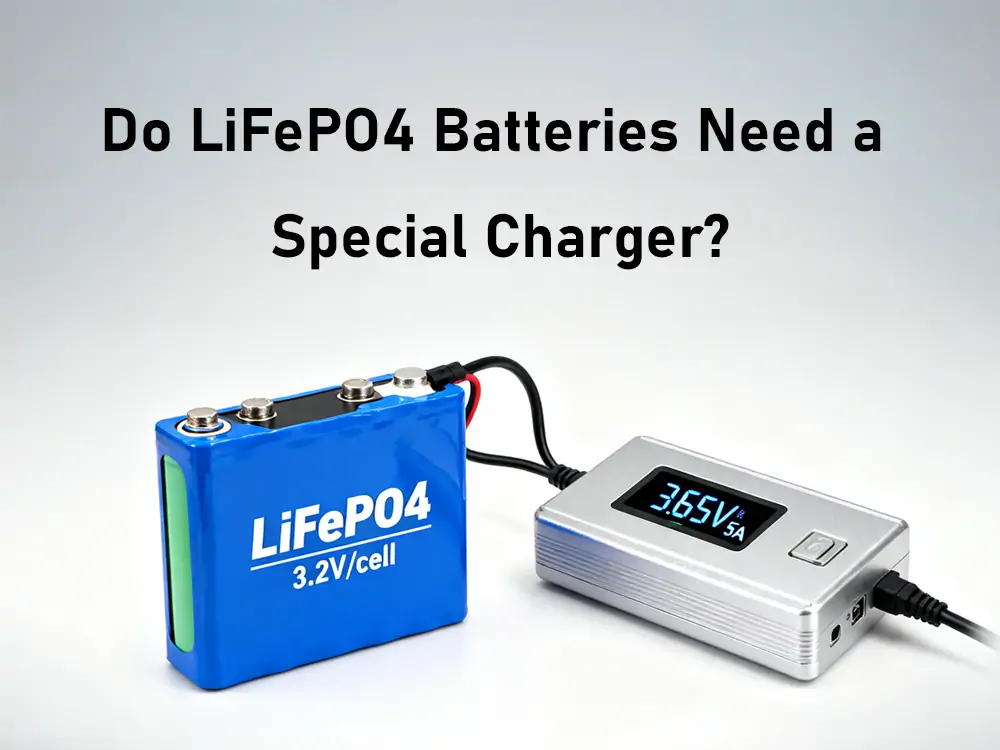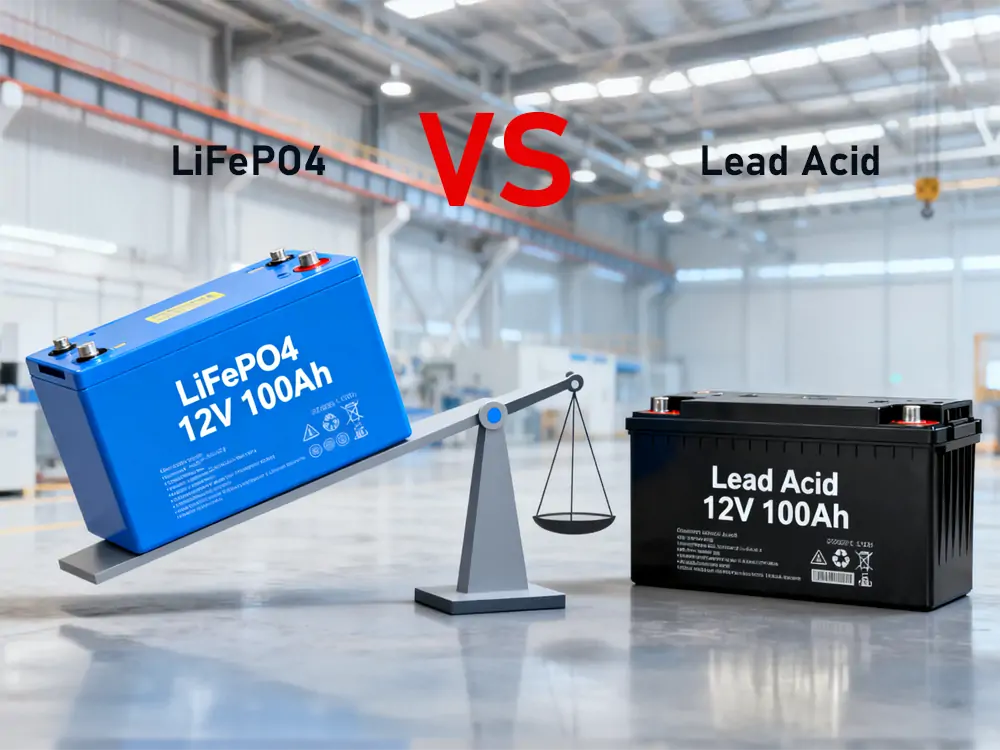Converting watts to amps is easy to do by using the formula: Amps = Watts ÷ Volts. However, you need to distinguish the differences between DC and AC. Besides, understanding the relationship between Amps, Watts, and Volts is essential for accurate electrical calculations. This becomes especially important in lithium-ion battery systems, where current directly affects…
With today’s battery tech, lithium-ion cells are safer and more efficient than ever. They power everything from phones to laptops to EVs. That’s precisely why safety still matters so much. Do lithium batteries leak like regular alkaline batteries? No, not in the normal sense of the word. Alkaline batteries leak corrosive potassium hydroxide when they go bad….
Lithium iron phosphate (LiFePO4 or LFP) batteries are widely used. They offer a long cycle life, great thermal stability, and excellent safety features. Electric cars are becoming popular, and the energy storage market is growing. So, the demand for LiFePO4 batteries is increasing. Therefore, knowing which manufacturers are the top is more crucial than ever….
The advent of lithium-ion batteries has changed our lifestyles a lot. They have made electronic devices truly portable and wireless, which is convenient for us. Nowadays, lithium-ion batteries are found everywhere in our daily lives. For example, smartphones, laptops, and electric cars all need lithium-ion batteries. However, the widespread use of lithium-ion batteries does not mean they…
Lithium-ion cells are now popular in every aspect of life. Based on their shape, lithium-ion batteries are mainly categorized into cylindrical, prismatic, and pouch lithium-ion cells. Understanding lithium-ion cell sizes is key to choosing the right cells. It also helps in boosting their performance. This guide will give a comprehensive understanding of lithium-ion cells. It…
Lithium-ion batteries generally offer superior performance for everyday electronics. We use lithium-ion batteries in many ways, from smartphones and laptops to electric cars. They are everywhere. Therefore, lithium-ion battery safety is an important issue we should consider. There is a crucial question about their safety: Do lithium ion batteries explode? If the answer is YES,…
NiCad batteries and lithium-ion batteries have different usage scenarios. NiCad batteries are specialized tools for specific professional applications. You might find an old remote control or toy that needs a new battery. Some of these older devices need NiCad batteries. By contrast, lithium-ion batteries mainly offer superior performance for everyday electronics. For example, mobile phones…
Will we experience some “battery failures” during the winter? For example, the phone suddenly shuts down outdoors. Or the electric vehicle range is cut in half. These situations suddenly put us in trouble. Without doubt, we are eager to solve this problem. At the same time, we could not help but guess, “Is the battery…
If you are considering using LiFePO4 batteries, you may have a simple yet essential question: Do LiFePO4 batteries need a special charger? The short answer is yes, but let’s break it down in simple language so you understand why and how to charge them safely. LiFePO4 stands for Lithium Iron Phosphate, a type of lithium…
When it comes to batteries, especially for things like solar power, RVs, or backup systems, you might be stuck trying to choose between LiFePO4 VS lead-acid battery. Both have been around for a while, but they are quite different in how they work and how long they last. And how you take care of them….

